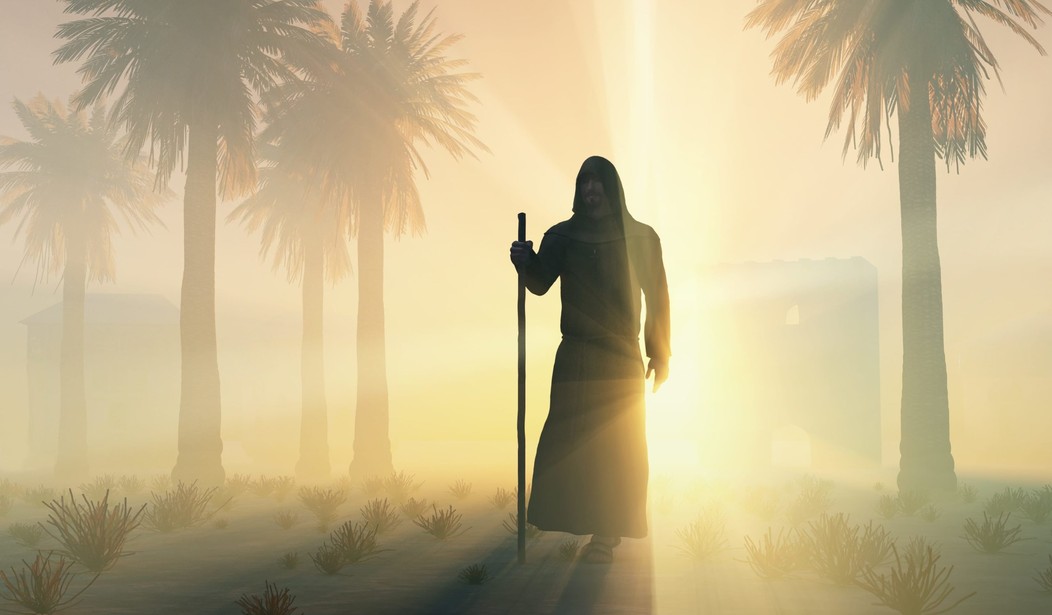Continuing a plan to get through the entire Bible in a year, follow as I journal through the reading. I have chosen a straightforward approach that begins in Genesis and ends in Revelation. This will not be an in-depth study or a comprehensive commentary. There are plenty of sources for such material. This is stage one Bible reading, taking the text at face value and sharing impressions.
Today’s reading comes from the book of Genesis, chapters 12 through 15, and begins a chronicle of the life of Abraham. Some impressions from the text:
- Abram was called out of the place, family, and culture he knew. He was called to a new way of life, defined by and purposed for God. This remains the model for how all believers are called. We may not physically travel to a distant land or walk away from our unbelieving family members. But we do, to one extent or another, disown what we once were to embrace new life.
- Folks often cite Genesis 12:3 for political purposes, arguing that God’s declaration to bless those who bless Abram and curse those who dishonor him applies to the modern state of Israel. We must support the Jewish state in all things, some argue, to obtain God’s blessing and avoid God’s cursing. Regardless of where one sits on the modern politics of the Middle East, from a theological perspective, this notion seems specious. Blessing does not necessarily translate to political support or policy endorsement. Neither does political opposition necessarily translate to dishonor.
- Abram twice misrepresented his wife Sarai as his sister for fear that covetous men would murder him and take her. The first such incident occurred in Egypt, documented in Genesis 12. The tale proves curious on a couple of fronts. First, the circumstances are astounding. Sarai catches the eye of Pharaoh, the most powerful man in the known world, not some common passerby. Whatever else may be happening here, there seems to be a subtext about the importance of truth. Abram’s deception proves counterproductive for all concerned. Abram was trusting in his own cleverness to protect him, rather than trusting in God to uphold his covenant.
- It’s interesting that Pharaoh suffers consequences for dishonoring Abram and Sarai’s marriage even though he was ignorant of the truth. It suggests a principle, that truth bears consequences in our lives regardless of our knowledge or acceptance.
- The separation of Abram and Lot offers critical insight into human society. Abram and Lot were kin. They had no quarrel with each other. They certainly weren’t enemies. Yet, their cohabitation fostered strife which would have escalated if they had remained together. The lesson: people need space. We were designed to experience life from the perspective of an individual within a family, distinct from other families, and with plenty of space to live in peace. This could be read as an indictment of modern culture, in which we are constantly connected through media. Being constantly bombarded with headlines and notifications, exposed to the whole world’s frustration and conflict, proves unhealthy. We need space to breath and peace to enjoy.
- “And he believed the Lord, and he counted it to him as righteousness.” If the Gospel could be distilled into a single sentence, this would be it. Abram believed what God said, and God credited that belief as righteousness. God was able to do so for the same reason He can do so today, because of the work Jesus Christ did on the cross. While Abram lived long before the crucifixion, he was nonetheless saved by it. Christ’s work was finished from the start. Time is an “us” thing, not a “Him” thing.
- Reading it in retrospect, God’s prophecy regarding the Israelites seems remarkably clear. Surely, He references their slavery in Egypt and their deliverance under the stewardship of Moses. Yet, even though God spelled out specifically what would happen, there were doubters among the Israelites throughout their captivity. So it is today. We can rest assured in God’s promises regarding our salvation, if we believe. There’s no need to fret, even as we endure harsh circumstances.
Return soon as we continue our year-long journey through the text of the Bible.
Catch up on the previous entries:
In the Beginning: The Creation, His Rest, Our Fall – Genesis 1-3
An End of All Flesh: Abel’s Murder, Man’s Corruption, and the Great Flood – Genesis 4-7
Noah’s Flood Led to History’s First Post-Apocalyptic Society – Genesis 8-11









Join the conversation as a VIP Member